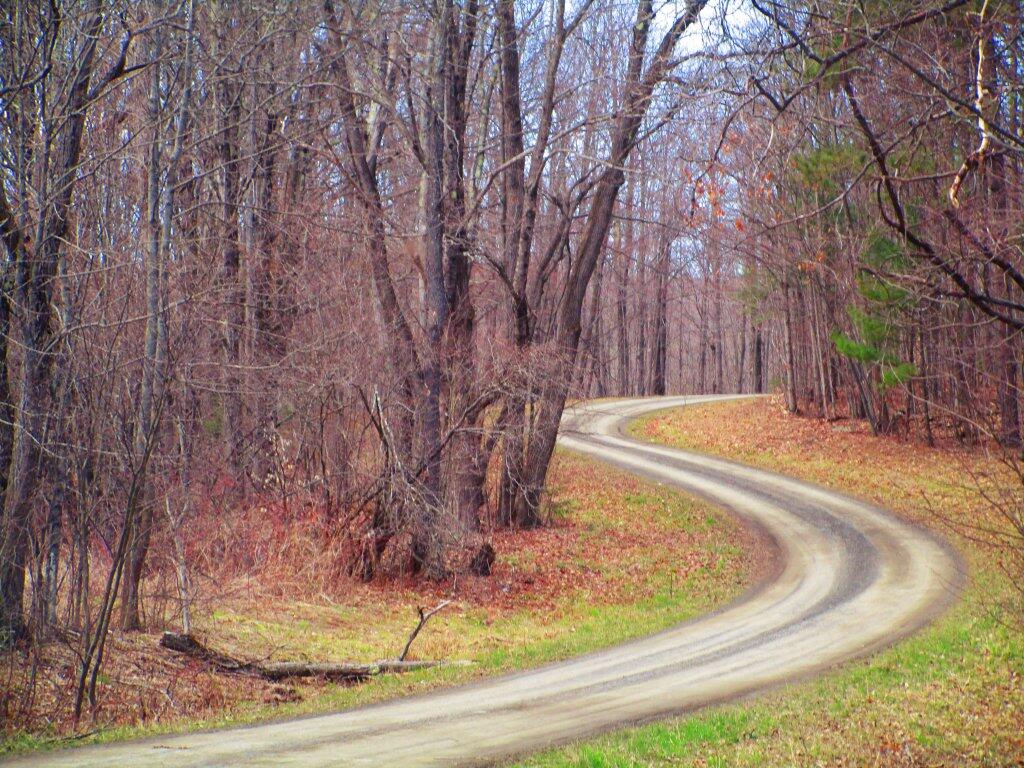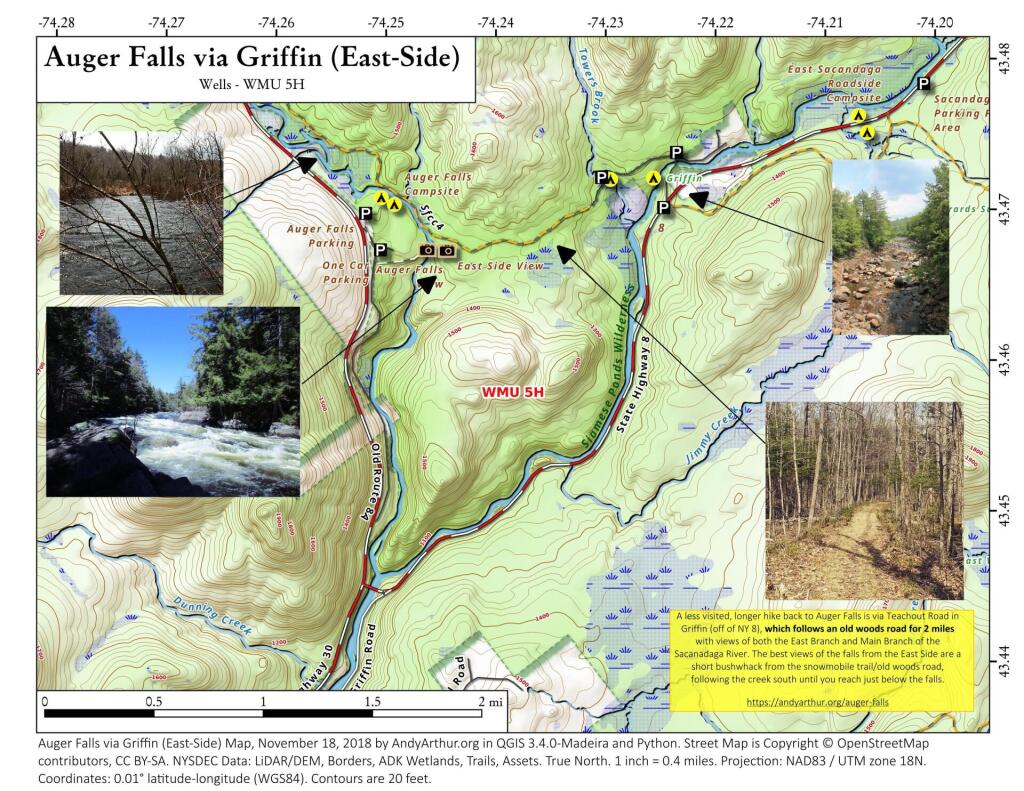This past February, Lunz Trujillo published work that shows this kind of anti-science attitude is associated with having a rural identity. And this identity is held not only by people who live in rural areas, but also by people who strongly identify as rural, regardless of where they currently live.
“It’s more how people think of themselves versus where they are,” Lunz Trujillo said. She cited the political scientist Katherine J. Cramer’s well-known work on rural resentment, which illustrated that many rural people disdained anything perceived to be urban — racial and ethnic minorities, liberals, the LGBTQ community, cultural elites — and tied it to their rejection of intellectuals and intellectualism as well.
The key insight to all this work is that those who distrust vaccines, science and expertise aren’t doing so necessarily because they have a knowledge gap or a misunderstanding. Distrusting experts is part of their identity. Motta and his colleagues’ work suggests that being anti-vaccine has become an identity, too. In some respects, distrusting experts has become a political choice, which means that any message from an official source — whether it’s a researcher, head of a government agency or a journalist — is more likely to inspire the opposite of its intended reaction from those who view that source as part of the political opposition.
These trends might be spreading to include some experts themselves. Motta released a paper earlier this month that shows about 10 percent of primary care physicians were uncertain about the safety and efficacy of COVID-19 vaccines, despite abundant evidence that they have been extremely safe and effective. The vaccine-hesitant doctors shared many of the same characteristics as other vaccine skeptics: They were more likely to be rural and conservative. For rural areas especially, this data suggests a vicious feedback loop. People who were suspicious of the vaccines had doctors who were suspicious, too.






